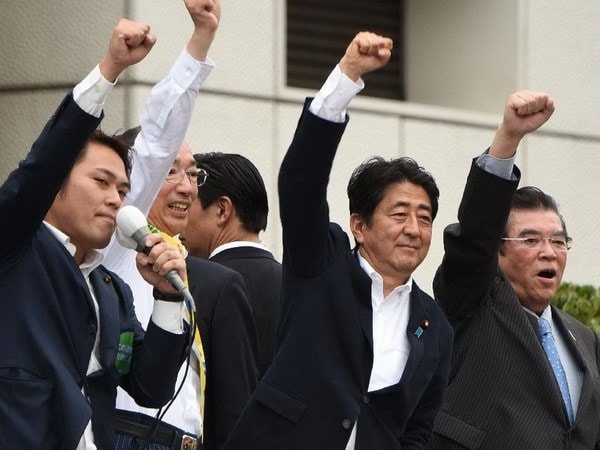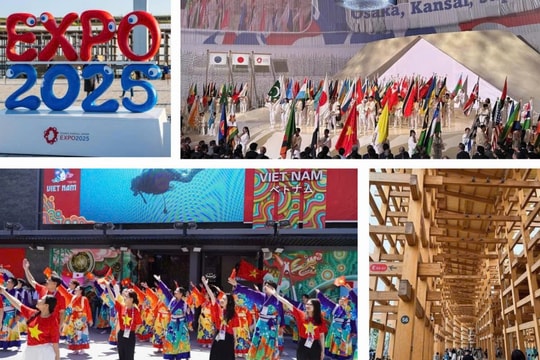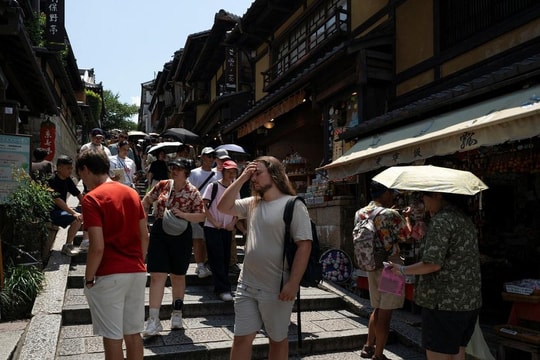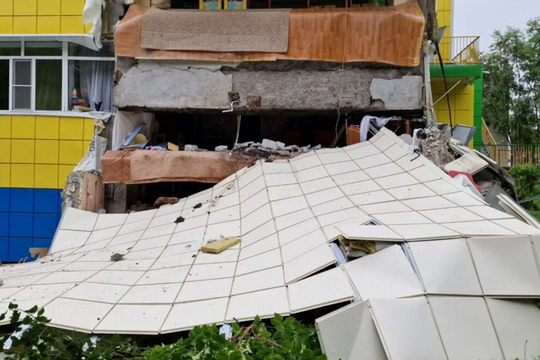Japanese voters go to the polls for the Upper House election at 48,000 polling stations
On July 10, Japanese voters went to the polls to cast their ballots in the Upper House election.
 |
| Japanese Prime Minister Shinzo Abe (center) during an election campaign in Tokyo on July 9. (Source: AFP) |
The election is expected by observers to be without much drama as most predictions lean towards the possibility that the ruling coalition will continue to win against opposition parties.
Elections to the Japanese House of Councillors are held every three years, with half of the seats (121/242) up for re-election.
In this election, 73 seats will be elected by constituency and 48 seats will be elected by proportional representation.
There are a total of 389 candidates, of which 225 will run for constituency and the remaining 164 will run for proportional representation.
Polling stations across the country opened at 7 a.m. local time and closed at 8 p.m. on the same day. There are about 48,000 polling stations nationwide. Preliminary results of the election are expected to be announced shortly thereafter.
Earlier, the results of a poll a week before the election showed that Prime Minister Shinzo Abe's ruling coalition, consisting of the Liberal Democratic Party (LDP) and the New Komeito Party, still maintained an advantage over the opposition parties.
Support for Prime Minister Abe's cabinet reached 41%. Thirty-five percent of respondents said they would choose the LDP candidate if elected on a proportional representation basis, compared with 16 percent who supported the opposition Democratic Party (DPJ).
Although the above results show that the LDP is not at risk of losing control of the country, the reality is that as the election day approaches, the LDP's support rate tends to decrease, from 45% in the June 18-19 poll to 41%, while the disapproval rate remains at 36%.
In contrast to the LDP, the support rates for opposition parties have been on the rise.
There is no denying that the LDP is still strong enough to lead the opposition.
According to analysts, the opposition, especially the DPJ, is too weak and does not gain the trust of the people.
Although the DPJ has allied with other opposition parties and may cost the LDP some of its 51 seats up for re-election, regaining the people's trust in the DPJ is a very difficult task.
People have not forgotten that during its 2009-2012 tenure, the DPJ was ineffective and failed to fulfill its commitments.
According to analysts, this election is like a vote of no confidence in the opposition.
The question now is whether the ruling coalition and two other parties can win two-thirds of the seats in the Senate.
Winning two-thirds of the seats in both the Senate and the House of Representatives is a necessary condition to propose any constitutional amendment. The ruling coalition currently holds two-thirds of the seats in the House of Representatives./.
According to Vietnam+
| RELATED NEWS |
|---|







.jpg)
